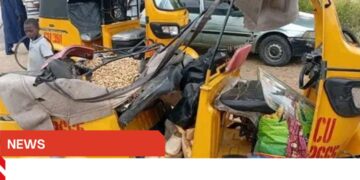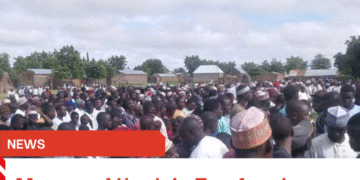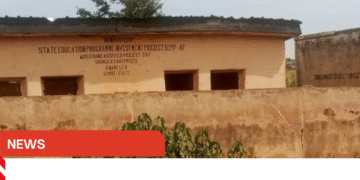The National Orientation Agency (NOA), Kaduna state directorate, has urged Kaduna residents to take their old Naira notes to the bank to get the new ones before January 31.
The state director, Alhaji Zubair Galadima-Soba, made the call in an interview with the News Agency of Nigeria (NAN) on Monday.
“People are urged not to wait until the deadline before they deposit their old notes in the bank to avoid rushing.”
“The deadline is real; anybody who fails to do so will lose his or her money,” he said.
According to him, the redesign of the Naira notes was due to the increase in counterfeiting that was prevalent in the country, and the new notes had more security features.
He added that the redesigning of the currency notes was long overdue, as the period stipulated in the best practice of changing currency notes was five to eight years.
He said that issue of people hoarding cash, which later gets spoilt would be reduced drastically as transactions would be less cash but transferred through Internet banking among others.
He said that the Central Bank of Nigeria (CBN) has informed Nigerians that there is enough and adequate currency in the bank, urging people not to be afraid to deposit their money in the bank.
He noted that people should not expect to get the equivalent of what they deposited at once, adding that they would be able to withdraw the remaining amounts subsequently.
“CBN has also suspended the charge for deposits no matter the amount; it has been waived for this period.
“People living in rural areas where banks are not available are encouraged to use approved money agents to exchange their money,” he explained.
The director stated that the NOA had started mobilizing, educating, and sensitizing Nigerians on the new Naira note redesign policy of the Central Bank of Nigeria (CBN).
He explained that the sensitization campaign was aimed at ensuring that the issues surrounding the use of the Naira notes were properly understood by people, especially at the grassroots.
According to him, the agency had instructed its Community Orientation and Mobilization Officers (COMO) in 23 local government areas of the state to ensure that the information reached all wards.
He said that the agency would make advocacy visits to traditional and religious leaders, market women, civil society organizations, and youth groups on the issue.
He added that markets and motor parks would be visited, while road walks and motorized public address systems would be used to address the public in their local dialect. (NAN)
LIKE & FOLLOW US ON FACEBOOK, TWITTER, INSTAGRAM, LINKEDIN & YOUTUBE


































